Agrifood & EnvironmenT
Mission
We design, deploy, and evaluate end-to-end communication systems tailored for environmental sustainability and smart agriculture. Through our sensor-rich testbeds, we support experiments in precision farming, irrigation optimization, crop monitoring, and climate observation. Utilizing IoT nodes, LPWAN technologies (such as LoRaWAN), and cloud-edge integration, our infrastructure enables real-time data collection and analysis across large geographic areas. These efforts help researchers and stakeholders validate scalable, low-power, and cost-effective solutions for agricultural productivity and environmental stewardship in authentic rural and semi-urban conditions.
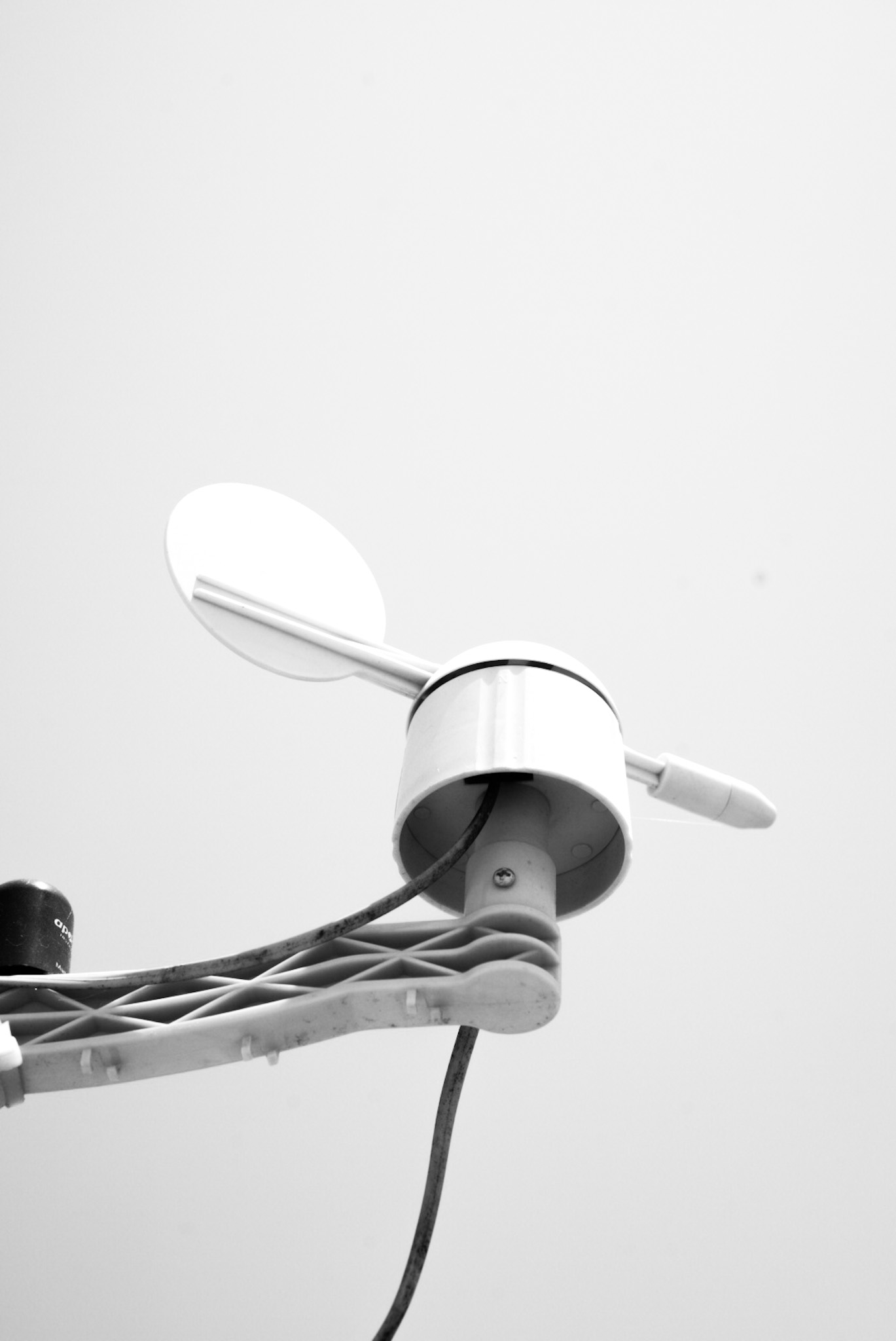
projects

Summary: Future-proofing the quality of food supply chains is good for the environment and crucial for the health safety of consumers. Lax oversight of food supply chains can result in food fraud and unexpected problems, as well as profit loss for suppliers and more. The EU-funded ALLIANCE project will find a solution by developing an innovative holistic framework. It will ease the monitoring of products, protect data, and provide much-needed transparency and traceability. This will protect food supply chains while ensuring the consumption of safe food and reduced environmental impact.
Project Timeline: 01/11/2022 – 31/10/2025
Funding Agency: HORIZON.2.6 – Food, Bioeconomy Natural Resources, Agriculture and Environment
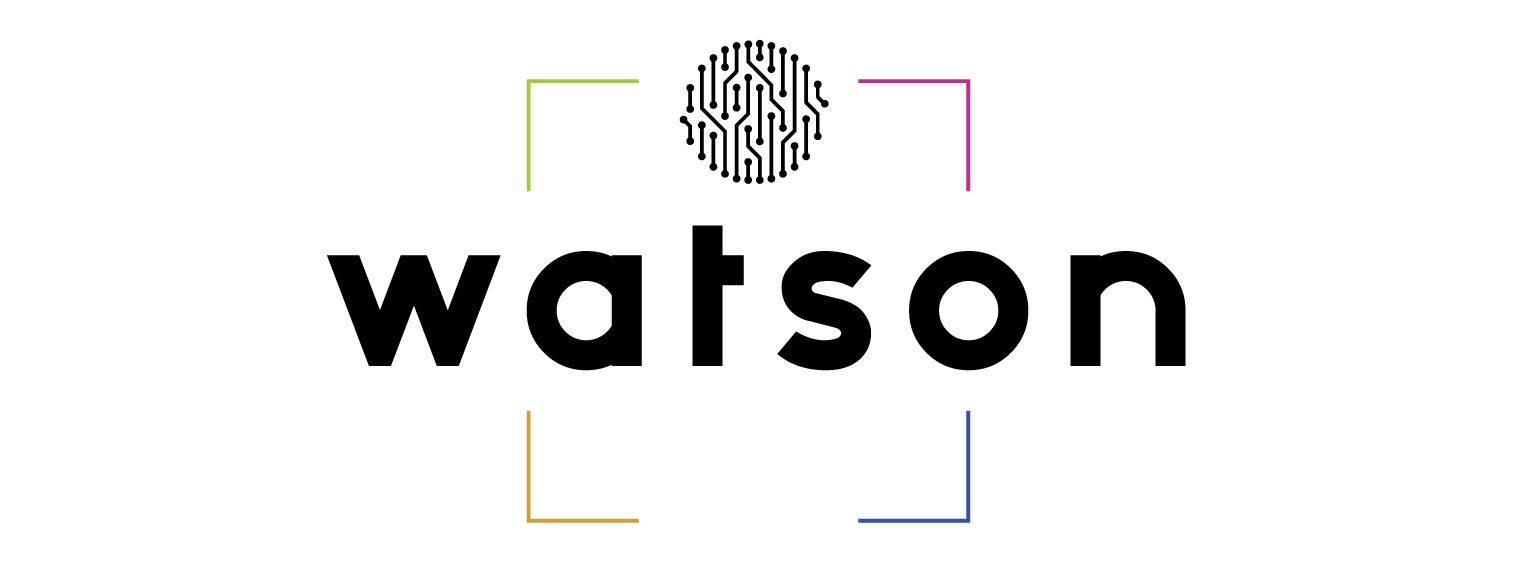
Summary: The EU-funded WATSON project will develop a set of tools and systems that can detect and prevent fraudulent practices across the entire food supply chain. It will increase transparency through improved track-and-trace mechanisms containing accurate, time-relevant and untampered information on the food product throughout its whole journey. The project will also raise consumer awareness about food safety and value, leading to the adoption of healthier lifestyles and the development of sustainable food ecosystems. Moreover, it will demonstrate the solutions in six different use cases across a number of key food supply chains, covering important commodity groups in the European food system (e.g. wine, olive oil, honey, meat, fish, cereal and dairy).
Project Timeline: 01/03/2023 – 28/02/2026
Funding Agency: HORIZON.2.6 – Food, Bioeconomy Natural Resources, Agriculture and Environment
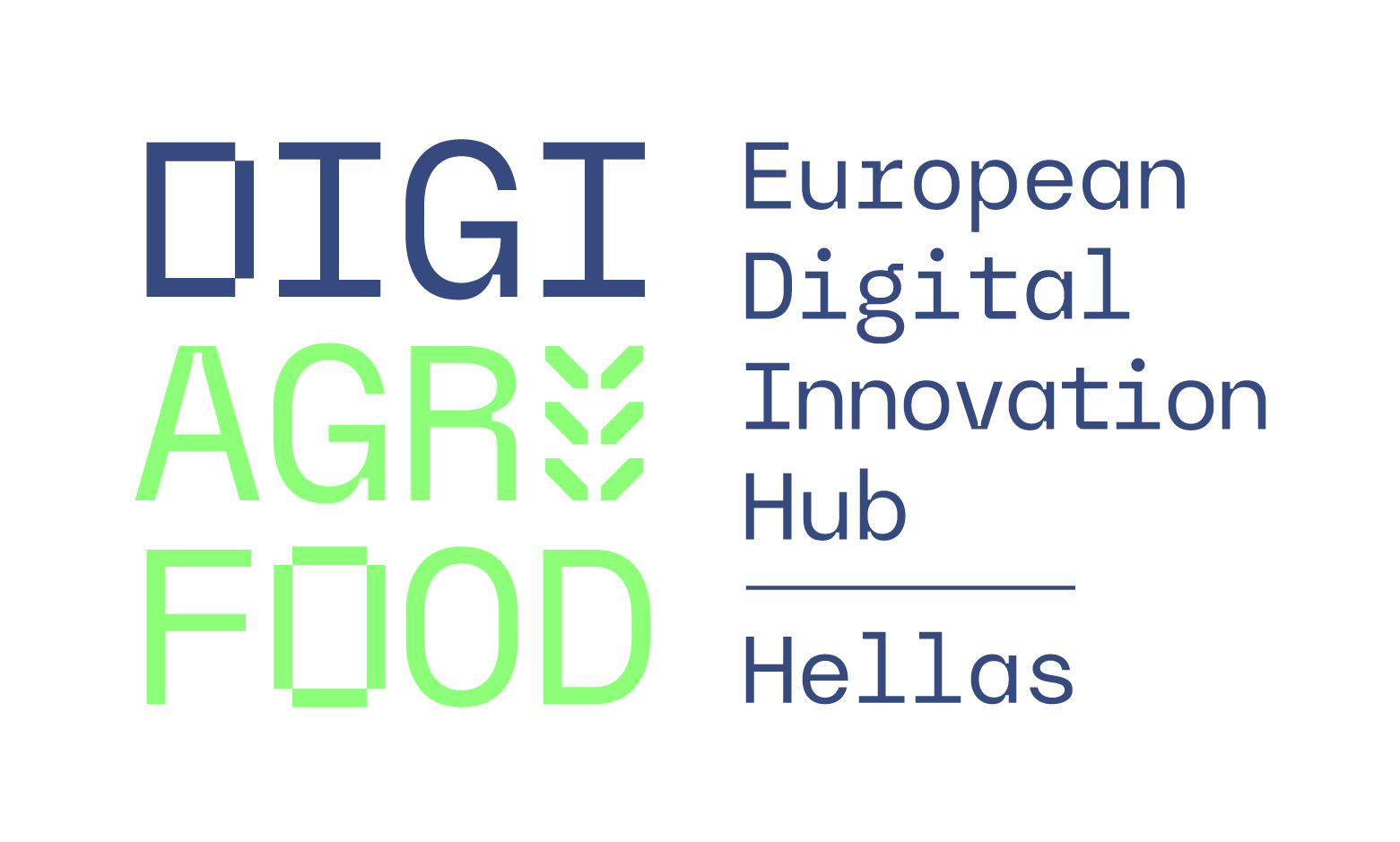
Summary: DigiAgriFood EDIH aims to empower the digital and green transformation of the entire spectrum of the Agri-Food value chain with immediate benefits for citizens, SMEs and public sector.
It specializes in Artificial Intelligence technologies, Advanced Digital Skills, High Performance Computing and Digital Transformation and Interoperability and contributes directly to the missions and objectives of the “Digital Europe 2021-2027” program.
Project Timeline: 1/12/2022 – 31/11/2025
Funding Agency: Co-funded by the European Union and NSRF (National Strategic Reference Framework)
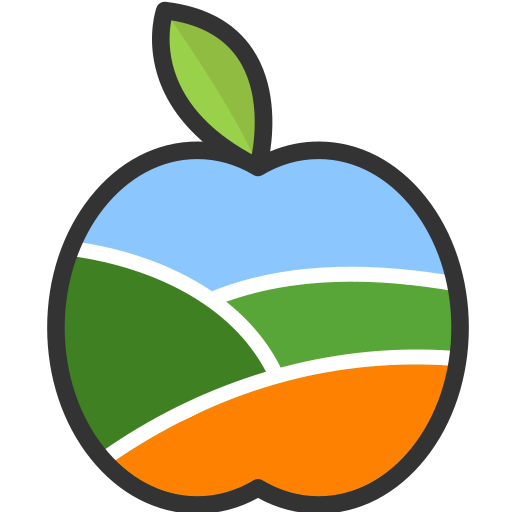
Summary: The PeachUp project aimed to develop innovative solutions for optimizing agricultural production in the specialized fields of integrated plant protection, timely forecasting of adverse weather conditions, accurate prediction of fruit ripeness, and optimal preservation of fruit in the cultivation of processing peaches. This was achieved through the use of sensor network technologies and equipment for distributed collection, transmission, and storage of climatic, plant, and soil data.
Project Timeline: 1/10/2019 – 01/10/2022
Funding Agency: European Regional Development Fund
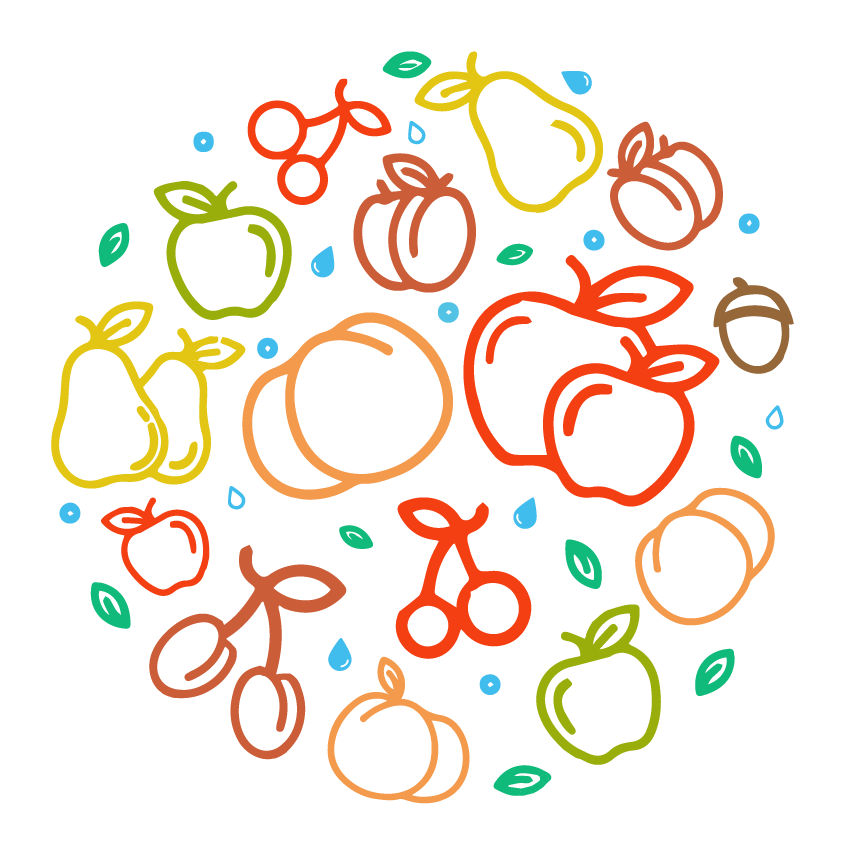
Summary: In this project, data was collected through the use of modern Internet of Things (IoT) technologies in orchard crops, aiming to improve cultivation practices, make more rational use of inputs, and generally enhance the understanding of their needs. The results of the ORALI project will support the implementation of the most suitable management practices and technologies adapted to the objectives of the present project.
Project Timeline: 01/07/2019 – 01/07/2022
Funding Agency: European Regional Development Fund
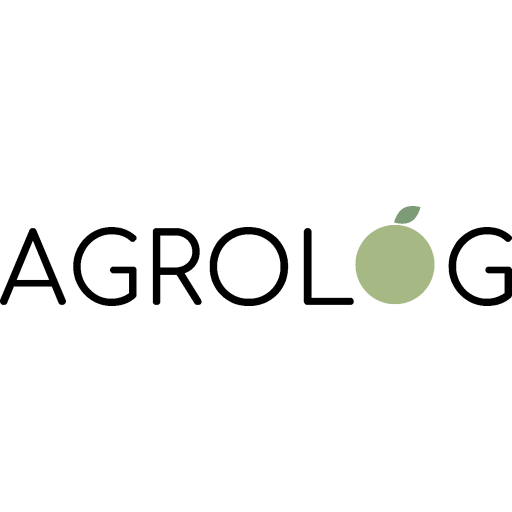
Summary: The objective of the project was the traceability of agricultural products throughout the supply chain of the processing company KRONOS S.A. During the project, a detailed recording of the raw material’s journey from the field to processing was carried out using modern technologies. The result was the production of processed products with a unique code, which consumers can scan to view detailed information about the product’s journey from harvest to its placement on the shelf.
Project Timeline: 11/10/2021 – 28/2/2025
Funding Agency: Region of Central Macedonia 2014–2020

Summary: MED-GOLD developed novel pilot climate services focusing on three staples of the Mediterranean food system: Grape, olive and durum wheat. The long-term objective of MED-GOLD was to make European agriculture and food systems more resilient, sustainable and efficient in the face of climate change, by using climate services to minimize climate driven risks/costs and seize opportunities for added value.
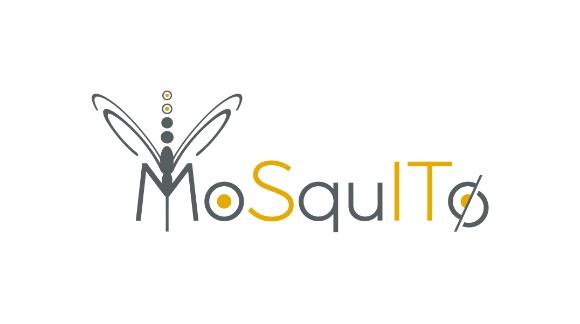
Summary: The goal of the moSquITo project was to develop innovative tools for monitoring populations of the Asian tiger mosquito and potential invasive species of the same genus (IMS), both for the immediate identification of different host species and the pathogens they may transmit. Additionally, new management plans were developed against Ae. albopictus and other IMS, incorporating the aforementioned monitoring tools for both the mosquito populations and the pathogens they may carry.
A central component of these management plans was the Sterile Insect Technique (SIT), a method aimed at reducing the use of biocides in urban areas, as foreseen by EU Regulation 528/2012. To improve the SIT method, research was conducted into modern approaches, particularly the incorporation of probiotics into larval feed, which is expected to increase rearing productivity and the competitiveness of released sterile males.
The moSquITo project laid the groundwork for the integrated production of sterile insects in Greece (mass rearing, sterilization, and release), contributing to the biological control of the tiger mosquito (Aedes albopictus) in accordance with Regulation 528/2012, and to the management of potential new invasions by dangerous species (i.e., controlling introduced IMS populations at the point of entry).
Project Timeline: 01/04/2022 – 31/09/2024
Funding Agency: European Regional Development Fund
Summary: Development of an innovative monitoring system for pests of public health importance in food storage facilities using a wireless sensor network. Electronic remote-monitoring traps for crawling and flying insects were installed in Masoutis supermarket warehouses, and efforts were made toward their automatic identification.
Project Timeline: 11/10/2021 – 28/2/2025
Funding Agency: Region of Central Macedonia 2014–2020
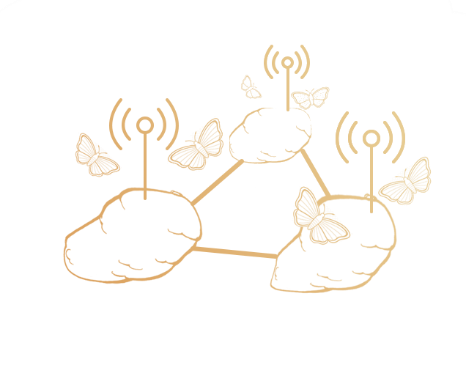
Summary: Optimization of the value chain of Kato Nevrokopi potatoes (PGI) using precision agriculture applications, which included, among other actions, the installation of electronic remote-monitoring traps for the Phytophthora insect, along with efforts to automatically identify it using computer vision techniques.
Project Timeline: 1/1/2021 – 1/4/2023
Funding Agency: Region of Central Macedonia 2014–2020

Summary: The purpose of the project is to create a digital, innovative, and reliable decision-support system for the management of stored seed cotton by detecting pockets of high moisture/temperature within the entire stored mass in a systematic way, through continuous monitoring of moisture, temperature, and environmental conditions.
Specifically, using appropriate sensors, a large volume of temporal and spatial data is collected from the stacked seed cotton. After appropriate processing, clear instructions will be provided to enable the company to make optimal decisions for managing the raw material up to the ginning stage.
Project Timeline: 11/10/2021 – 11/4/2023
Funding Agency: Region of Central Macedonia 2014–2020
